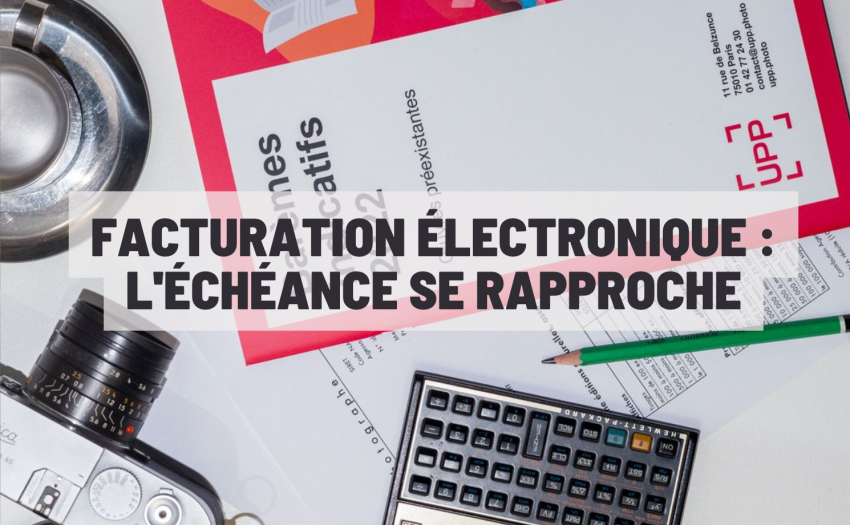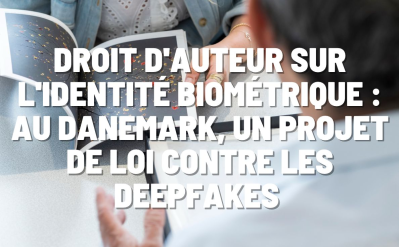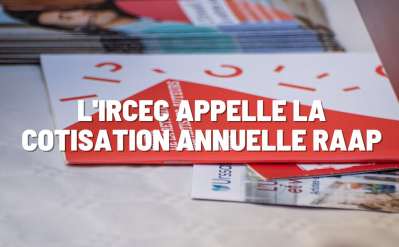News

Credit: Arnaud Février
Electronic invoicing: the deadline is approaching
08 September 2025
Legal
Viewed 396 times
The obligation to switch to electronic invoicing is a far-reaching reform that will soon affect all French companies. Far from being a mere administrative constraint, it's an opportunity to modernize...
You must be cotisant to read the rest






